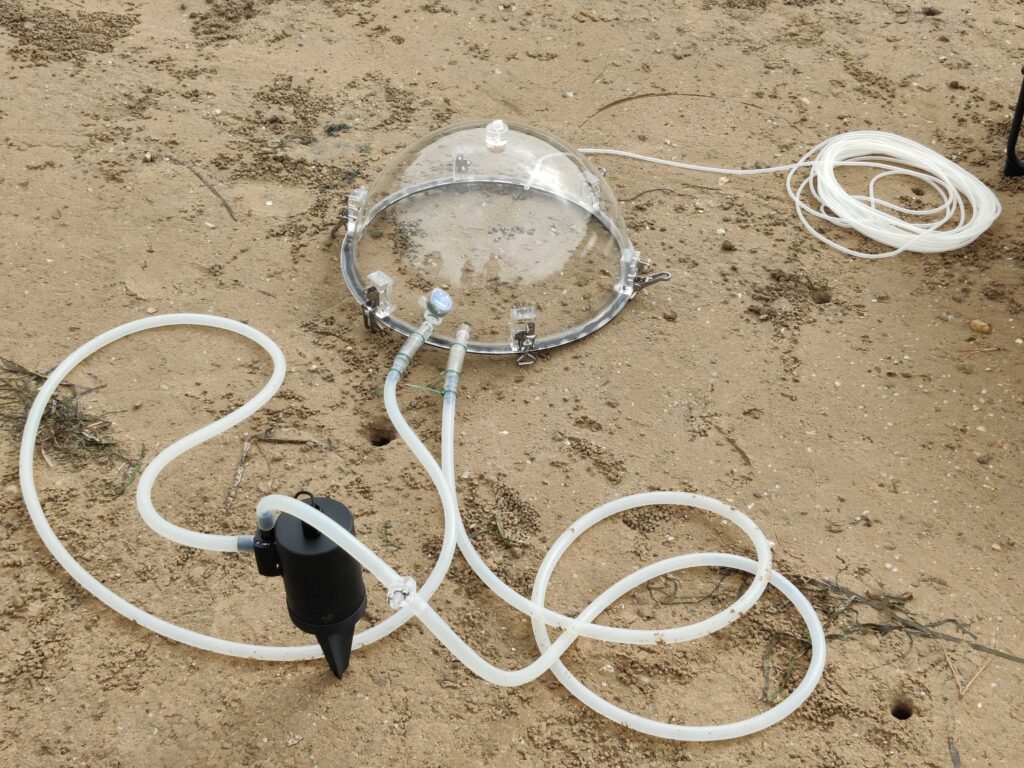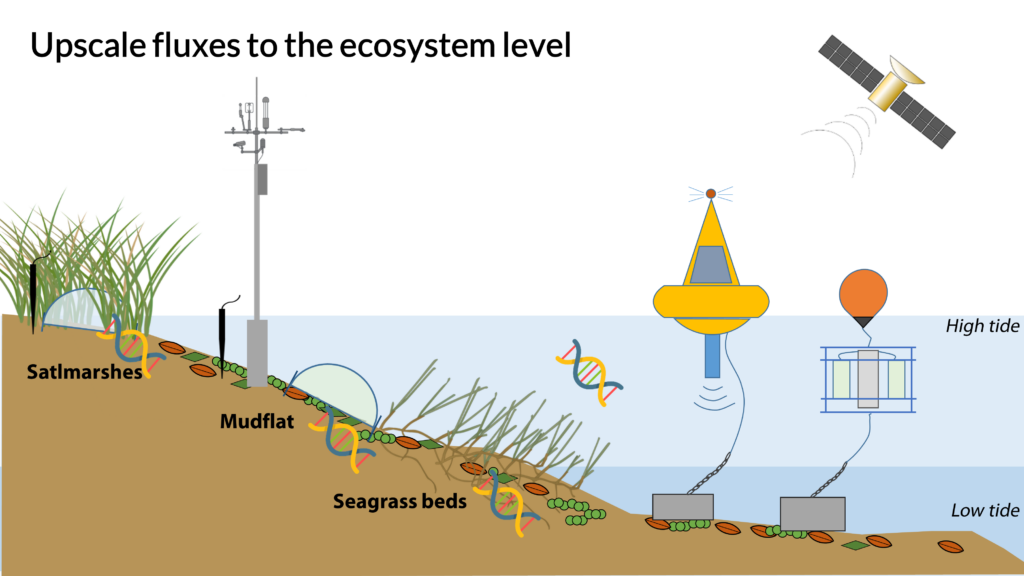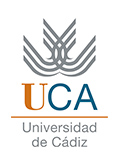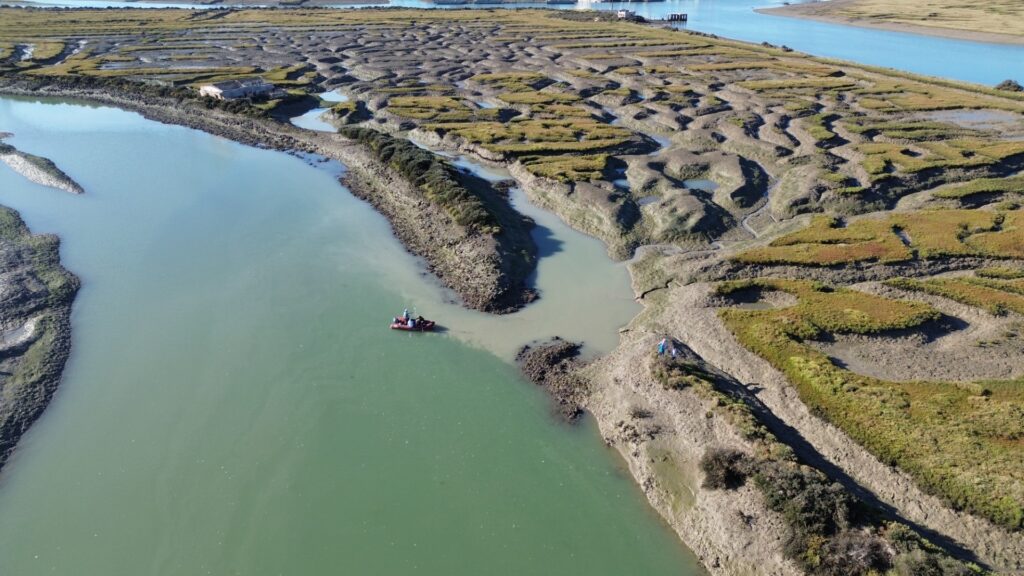Multiscale monitoring of carbon sequestration, biodiversity and climate change in coastal marshes

PCM_00030 “Next Generation EU” Recovery Fund through the Recovery, Transformation and Resilience Plan. Recovery, Transformation and Resilience Plan and from the 54A program of the Regional Ministry of University, Research and University, Research and Innovation of the Junta de Andalucía. // IP: Sokratis Papaspyrou /Alfonso Corzo (217.000 €). Period 18/1/2023 – 31/12/2025

Marshlands are highly productive ecosystems that provide multiple benefits to the human societies around them, providing more services per unit area than any other ecosystem in the world. However, they suffer a strong anthropogenic impact and are very sensitive to climate change. The Bay of Cádiz is home to a considerable area of marshes in varying degrees of transformation, whose conservation is essential. The objective of this proposal is to complement with regional funds the development of an Advanced Multiscale Coastal Monitoring Laboratory in the inner bay of the Bay of Cadiz, specifically aimed at the saltmarshes (MLab-Bahía).

For this purpose, we intend to complete the in situ monitoring infrastructure, obtained with previous projects, by acquiring a second Atmospheric Eddy Covariance (ECV) tower, which will allow us to measure CO2 sequestration continuously, so that we can know its spatiotemporal changes along the tidal gradient.
In addition, this proposal includes the installation of a buoy with different sensors that will allow us to analyze the changes in physicochemical and biological variables of the water, also continuously.
We will implement a very innovative biodiversity monitoring program in the inner bay, including the entire biological community, using environmental DNA techniques.
Finally, this in situ information will be scaled up to a bay-wide level using remote sensing techniques, using drone flights with hyperspectral sensors over the specific areas where the ECV towers and buoy are located at different times of the year and correlating this mesoscale information with that obtained by satellites at the macroscale.
This could stimulate the development of Voluntary Carbon Markets, which in turn would favor the restoration and conservation of the marshes and their biodiversity.
Participants
National
Dr. S. Papaspyrou
Dra. I. Laiz
Dr. A. Corzo
Dr. G. Muñoz Arroyo
Dr. E. Garcia Robledo




